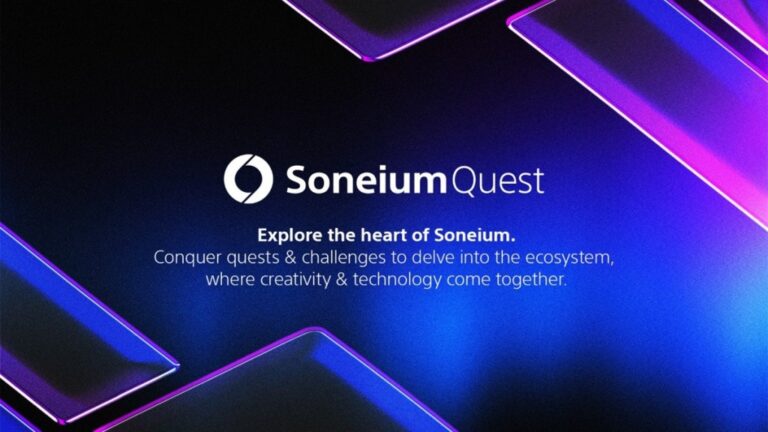Unlocking the Future: Why Blockchain Will Outshine Crypto Disruption by 2025
Blockchain technology is set to revolutionize multiple industries by 2025, far exceeding its original use in cryptocurrencies like Bitcoin. As businesses across various sectors embrace this innovative solution, the impact of blockchain will be felt in finance, healthcare, supply chain management, and beyond. Understanding how blockchain will disrupt these industries is crucial for organizations looking to stay ahead in a rapidly evolving marketplace.
Why Blockchain Will Be More Disruptive in 2025
Blockchain technology is on the verge of redefining industries due to its capability to enhance transparency, security, and efficiency. The shift towards decentralized systems is expected to drive significant changes in various sectors. Here are some key reasons:
- Decentralization: Unlike traditional systems controlled by central authorities, blockchain offers a decentralized architecture that promotes trust and data integrity.
- Market Growth: The global blockchain market is projected to reach $39.7 billion by 2025, growing at a remarkable CAGR of 69.4%.
- Cost Reduction: Adoption of this technology can potentially decrease operational costs by up to 30%.
Blockchain in Finance: Revolutionizing Transactions
In the financial sector, blockchain is poised to transform traditional payment systems, making transactions faster, cheaper, and more secure. By 2025, we can expect:
- Cost Savings: Blockchain-based systems could reduce transaction costs by as much as 80% and enhance transaction speeds by 90% (Source: Accenture).
- Instant Cross-Border Payments: Current cross-border transactions, which take 3-5 days, will become near-instant and significantly more affordable.
- Smart Contracts: The rise of self-executing contracts will expedite agreements across industries like real estate and insurance.
Healthcare: A New Era of Transparency and Efficiency
The healthcare sector stands to gain immensely from blockchain implementation. By 2025, we can anticipate:
- Secure Health Records: Blockchain will provide a centralized platform for managing sensitive patient data, enhancing patient care.
- Improved Drug Safety: Tracking the origin of drugs will combat counterfeit products and enhance overall safety.
- Data Integrity: The immutable nature of blockchain will reduce the risk of data breaches, ensuring patient trust.
Supply Chain Management: Enhanced Transparency and Accountability
Blockchain is set to transform supply chain management by providing:
- End-to-End Visibility: Companies will track goods from origin to destination, enhancing transparency.
- Authenticity Verification: The immutable ledger will help verify product authenticity, especially in sensitive sectors like pharmaceuticals.
- Efficiency Improvements: Automation of transactions through smart contracts will streamline operations and reduce delays.
The Broader Impact of Blockchain Across Industries
Beyond finance, blockchain will disrupt various sectors by 2025:
- Education: Blockchain will facilitate the secure verification of academic credentials, enhancing employment opportunities.
- Voting Systems: The technology will provide a secure and transparent method for conducting elections, reducing fraud risk (Source: West Virginia University).
- Entertainment: Direct connections between creators and consumers will ensure fair revenue distribution, revolutionizing the digital entertainment landscape.
Conclusion
As we approach 2025, blockchain technology is poised to disrupt various industries significantly. Organizations that adapt to these advancements will find themselves well-positioned for success in an ever-evolving landscape. By embracing blockchain, businesses can pave the way for safer and more transparent systems, ultimately unlocking new opportunities across multiple sectors.
For more insights on blockchain technology, visit Analytics Insight.







